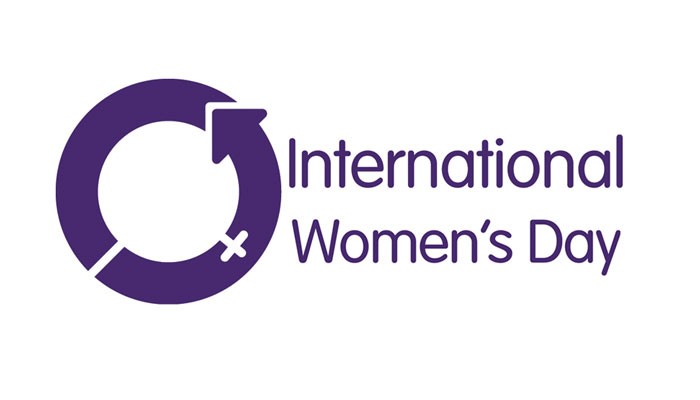World Milk Day 2024 Report – Celebrating Dairy’s Vital Role in Nutrition and Sustainability
This year, on June 1, we celebrated the vital role that dairy plays in delivering…
International Women’s Day, which is slated for March 8, is a global day celebrating the social, economic, cultural, and political achievements of women. The day also marks a call to action for accelerating gender parity. In the world of agriculture, women often play an important role in the production of food crops, especially in developing countries. But that’s not all. When you look at the whole food value chain in developing countries, you will often find that for primary processing, and also distribution, women are key players. Around the world, women are on the front line of the food service and preparation sectors. This goes to show that more attention needs to be given to women in agriculture for a successful and thriving industry globally.
celebrating the social, economic, cultural, and political achievements of women. The day also marks a call to action for accelerating gender parity. In the world of agriculture, women often play an important role in the production of food crops, especially in developing countries. But that’s not all. When you look at the whole food value chain in developing countries, you will often find that for primary processing, and also distribution, women are key players. Around the world, women are on the front line of the food service and preparation sectors. This goes to show that more attention needs to be given to women in agriculture for a successful and thriving industry globally.
Unfortunately, many women still face great challenges in agricultural production, impacting productivity and the efficacy of food systems. In some countries, women are hindered from having access to land due to cultural and traditional beliefs. In other countries, women do not have easy access to finance and this impedes their ability to increase production. In many developing countries, women make up nearly half of the population in agriculture, which means that these challenges impact almost half of food producers. Inclusiveness is therefore not only a women’s issue but also a means to build back better post COVID.
There is still a continuing need worldwide for more progressive mindsets and inclusive behaviours to be forged especially where agriculture is concerned. As a woman in agriculture, I am proud to have facilitated several discussions which touched on gender issues in agriculture. By bringing these issues to the table and giving other women a voice, we at Emerging Ag are creating awareness and pushing for tangible action to bring about the change we seek. The UN Women website states that currently “there is more acceptance than ever before that women bring different experiences, perspectives and skills to the table, and make irreplaceable contributions to decisions, policies and laws that work better for all.”. I am convinced that when we empower women economically, we will see increased development and improved livelihoods. Collectively, let us all rise up to challenge the status quo and we will then see the change we need.